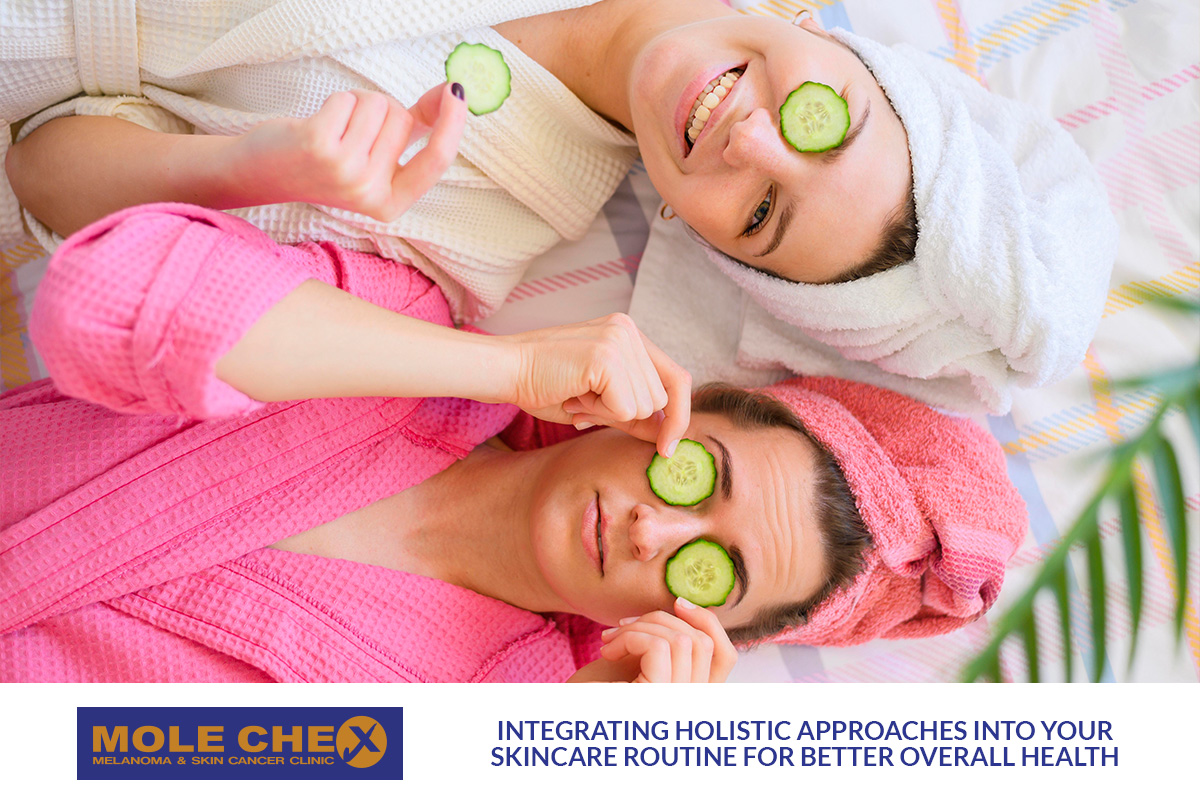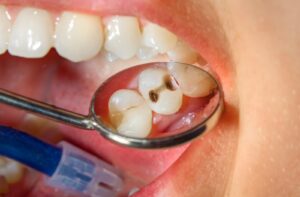Introduction: Your Skin’s Vital Role
As the body’s largest organ, your skin does far more than just affect your appearance—it’s your first line of defense against pathogens, regulates body temperature, and even produces vitamin D. Yet 90% of people don’t properly care for their skin, leading to premature aging, irritation, and health risks.
This comprehensive guide covers:
- The skin’s biological functions
- Essential daily care routines by skin type
- Nutrition for glowing skin
- Stress-skin connection
- When to see a dermatologist
Skin Science 101: More Than Just Surface Deep
Your Skin’s Key Functions
- Barrier Protection: Keeps out microbes and pollutants
- Temperature Control: Sweat and blood flow regulation
- Sensory Input: Detects touch, pressure, and pain
- Vitamin D Production: Converts sunlight to essential nutrients
- Immune Defense: Langerhans cells fight infection
The 3 Skin Layers Explained
- Epidermis: Outer protective layer (renews every 28 days)
- Dermis: Contains collagen, sweat glands, and hair follicles
- Hypodermis: Fat and connective tissue (insulation)
Daily Skin Care Routines by Skin Type
Oily Skin
- AM Routine:
- Gel cleanser with salicylic acid
- Alcohol-free toner
- Oil-free moisturizer with SPF
- PM Routine:
- Double cleanse (oil then water-based)
- Retinol serum (start 2x/week)
- Lightweight moisturizer
Dry Skin
- AM Routine:
- Cream cleanser
- Hyaluronic acid serum
- Rich moisturizer with ceramides
- Mineral sunscreen
- PM Routine:
- Micellar water cleanse
- Facial oil massage
- Overnight mask 2x/week
Combination Skin
- Zone Care:
- Oily T-zone: Use mattifying products
- Dry cheeks: Apply extra hydration
- Product Pick: Water-based moisturizers
The Gut-Skin Connection: Eat Your Way to Better Skin
Top Skin-Nourishing Foods
- Fatty Fish: Omega-3s reduce inflammation
- Avocados: Healthy fats support moisture
- Sweet Potatoes: Beta-carotene acts as natural sun protection
- Broccoli: Packed with skin-protecting antioxidants
- Dark Chocolate: Flavanols improve skin texture (choose 70%+ cocoa)
Foods to Limit
- Dairy (may trigger acne)
- Refined sugars (accelerate aging)
- Alcohol (dehydrates skin)
Stress & Skin: The Vicious Cycle
Chronic stress leads to:
- Increased cortisol → more oil production → breakouts
- Reduced collagen → premature wrinkles
- Weakened barrier → irritation and redness
Stress-Busting Skin Solutions:
- 5-minute face massage
- CBD-infused topicals
- Sleep hygiene for skin regeneration
When to See a Dermatologist
- Persistent acne after 6 weeks of treatment
- Changing moles (ABCDE rule)
- Unexplained rashes or redness
- Sudden hair loss
- Signs of skin infections
Affordable Skin Care Alternatives
- Instead of expensive serums: Try rosehip oil ($10)
- Alternative to facials: DIY honey and oatmeal masks
- Replace microdermabrasion: Gentle chemical exfoliants
Conclusion: Skin Care is Health Care
Your skin reflects your overall wellbeing. By combining proper topical care, stress management, and good nutrition, you can achieve healthy skin at any age—no expensive products required.
7-Day Challenge: Track how your skin changes when you:
- Drink 8 glasses of water daily
- Get 7-8 hours of sleep
- Eat 5 servings of colorful vegetables
- Perform 5 minutes of facial massage





